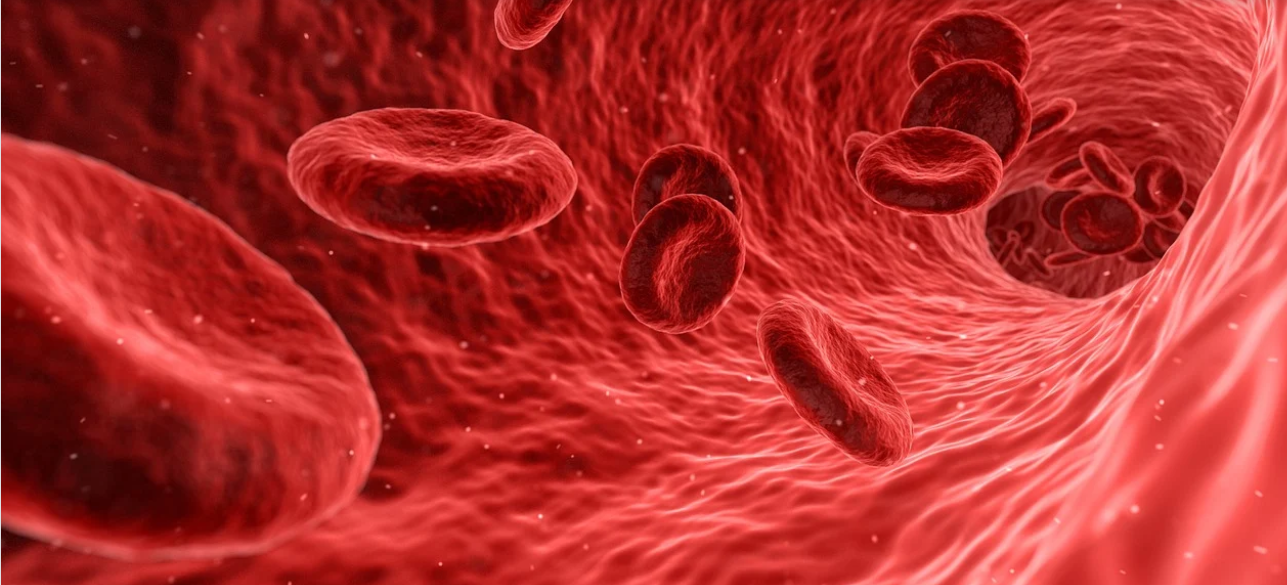The Buyt Desk
Many swear by eating just one meal a day to lose weight. It is also said that this practice will improve overall health over a period of time following this diet.
Nowadays people follow all kinds of diet plans that are there on the internet and trending to reduce weight and keep fit. One Meal A Day (OMAD) is a diet plan based on the concept of fasting. It restricts calorie intake to only one time a day. The meal timing and content of the meal depending on the individual’s preference and needs. The OMAD diet plan is made for an individual’s goal and current state of health and body.
How does OMAD work?
Intermittent fasting is a way of calorie intake by restricting the eating window to a fixed duration of time every day. People start with 12 hours eating window and gradually reduce it to a 6 or 4 hours eating window based on their needs. A little extreme version of it is 1 hour of eating window per day and 23 hours of fasting. This version is known as an OMAD diet where an individual restricts his /her calorie intake to one meal a day. Ideally, no calories should be consumed during fasting.
By following an OMAD intermittent fasting diet, a calorie deficit is created which leads to weight loss. Studies also say that fasting will improve heart health, regulate blood sugar and reduce inflammation. Even a 16: 8 method of intermittent fasting diet has been found to have good benefits with 8 hours eating window. The most extreme methods of intermittent fasting, OMAD and the 16:8 method, almost have the same benefits. The eating window in OMAD lasts only an hour followed by 23 hours of fasting.
How does OMAD aid Weight loss?
The basic theory of weight loss is calorie deficit. One must eat a little less than the energy output. Calorie intake should be 100-200 calories less than the output energy. This can be achieved in two ways which are
-
Burn more calories than usual keeping intake calories the same.
-
Reduce the calorie intake while keeping the activity the same.
And to speed this process you can combine both the process and increase energy output and reduce calorie intake.
You can increase calorie output by increasing your physical activity and working out. You can reduce your calorie intake by closely monitoring what you eat and restricting it. Basically, you should consume fewer calories than you burn throughout the day.
Following an OMAD diet, you can easily lose weight as you cannot eat more calories in one meal and will end up eating fewer calories. By restricting the eating window you will consume less food and eliminate eating junk and calorie-dense snacks.
What are the Benefits of an OMAD diet?
-
Fasting may help reduce blood sugar and regulate it.
-
Fasting may help reduce heart disease by reducing LDL (bad) cholesterol.
-
Fasting may help reduce markers of inflammation like c-reactive protein.
-
Fasting may help reduce nervous system issues.
-
Fasting may help slow down neuro-degeneration and promote longevity
What are the Downsides of an OMAD diet?
Studies have shown that consuming one meal a day may cause more harm than good to one’s health.
-
Extreme fasting may lead to increased total and LDL cholesterol.
-
Extreme fasting may lead to higher blood pressure levels.
-
Extreme fasting may increase fasting blood sugar levels.
-
Extreme fasting may delay the body’s response to insulin.
-
Extreme fasting may cause increased levels of the appetite-stimulating hormone ‘ghrelin’ and cause extreme hunger.
-
Extreme fasting may lead to hypoglycemia (low blood sugar)
-
Potential adverse effects of OMAD are nausea, dizziness, irritability, low energy and constipation.
Who should not do an OMAD diet?
-
Pregnant or breastfeeding
-
Children
-
Teens
-
Older adults
-
People with eating disorders
Summing up
To lose weight, an OMAD diet may work very well but may damage your health. For overall health, OMAD may not be a good deal. Intermittent fasting with a longer eating window of 8 or 6 hours also has all the benefits of OMAD and is also more sustainable. Longer eating window fasting is healthier than OMAD.







